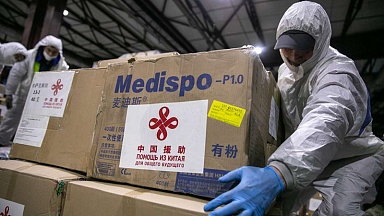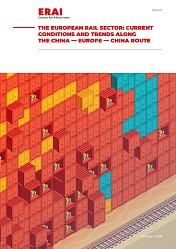The agreement signed on September 29 is designed to be more flexible than their previous arrangement, which was signed following the EU’s accession to to the COTIF convention. It now runs indefinitely, rather than including an expiry date.
The new agreement:
- sets out methods for exchanging information;
- establishes a framework for interaction between OTIF and EU rules, so as to improve joint understanding;
- defines continuous co-operation on the various technical registers;
- strengthens co-ordination to ensure alignment of the railway laws of OTIF and the EU;
- refers to the Joint Co-ordinating Group of Experts to ensure consistency between the Regulation concerning the International Carriage of Dangerous Goods by Rail (RID) and EU law.
The parties said the agreement enshrines the interdependence and close links between OTIF and the EU. It also reflects their wish to ‘improve, promote and facilitate’ international rail transport for ‘sustainable and greener’ development.




